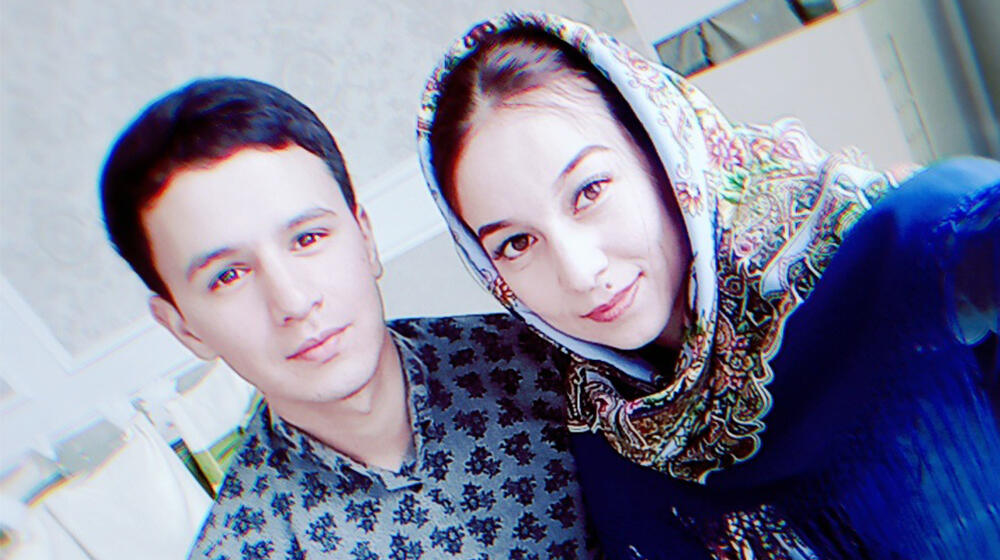It is consistently counselled by health specialists that men, especially fathers in the families should take active role in family planning and relations. United Nations Population Fund in Turkmenistan invites men and boys to promote gender equality, engage in family planning and end violence against women and girls in their homes and communities online and in society within #MenEngage (#ErkeklerHem) campaign. We have interviewed Suleyman, a social worker from Garagum district in Mary region, to discuss his views on being an involved husband and father.
Recently married Suleyman told that he supports gender equality concept, he believes that both parents should participate in childcare. “Woman carries her baby for 9 months, of course she gets tired, especially on days when child was just born. Therefore, in my opinion, men should help and support in childcare and spend more time together,” Suleyman told.
Mentioning that both, husband and wife should participate equally for the financial well-being of the family, Suleyman continued: “Looking at historical rules, historical lifestyle, women stayed at home, men went for hunting and brought trophy to home. But people still have that notion in their minds. Some people say that “Woman must not have any job, but they have to work at home only." In my opinion, women should work where they want to, but it can be difficult to balance home duties with work, so all home responsibilities within a family shall be carried out together. It is hard for one person.” Moreover, Suleyman's wife is a talented bagshy (musician) and he proudly notes how much she enjoys her work teaching music at school.
Looking at men and women family relations from the historical view, where society develops based on national or religious values, men and women have different roles in the family. When asked about equal distribution of household responsibilities, Suleyman defined that he has different point of view regarding this topic.We asked when Suleyman last ironed his own clothes and participated in cooking food. Suleyman answered: “To be honest, it has been around two months since I last ironed my clothes. Cooking also does not require my participation, because my mom and my wife cook together”.
At places or within the family where men prevail, there are scenarios where women’s opinion are not listened to or where there concerns are not taken into account. Telling that he does respect women and their opinion at work and at home, Suleyman described “I work as social work specialist. At our job women have equal opportunities. Their opinion is equally important, equally considered. We listen to all equally and reach common consensus. I learn a lot of useful things from my female colleagues. Female workers usually perform their job with more responsibility comparing to men.” Suleyman told that he tries to apply the same mindset to his family relations, where he makes sure him and his wife make importance decisions together. "If I ask and she does not give consent, I will respect her decision,” he added.
Respect for women’s opinion and choice issues arise within social traditions, especially with respect to the choice of young people when they plan to build a new family. Mainly with regard to dowry which is considered a custom, or clothing choice of Turkmen women after their marriage can be an example. We also asked Suleyman’s thoughts about it. Mentioning that dowry still exists and is carried out as a historical tradition, Suleyman shared his own experience: “In my case, me and my wife discussed this beforehand. I told her that despite dowry being good and historically existing, the main thing is willingness of a boy and a girl. She consented to my opinion too. But still we had to carry it out as it is historically done.
58% of women in Turkmenistan are limited to make their own decision about their body. 58% of women are not empowered to exercise their reproductive health rights, cannot decide whether she can or cannot use contraception, they cannot refuse an intimacy with their husband. When women achieve their bodily autonomy, when they will be empowered to make choice about their body and health, they will achieve progress within health and education system, financial earnings, contribute to economic and labor provision and provision of security. These will make our world more fair and peaceful place. Such world will benefit all of us!
Interview by journalist Batyr Berdiyev for UNFPA's MenEngage campaign


